Listen Up!
Understand and Protect Your Hearing

Did you know that we start hearing sounds from the outside world while in the womb at about 23 weeks? Moreover, by 35 weeks, our ears are fully formed, and we can likely distinguish our mom’s voice from others.
From birth to adulthood, our ears are a powerful and fragile tool. It is through our sense of hearing that we can listen to and respond to a child’s cry, the cheering of our favorite sports team, or listen to our favorite band, play, or movie. Our hearing opens our minds to a realm of experiences, friendships, learning, and priceless memories.
Sadly, hearing loss is a significant public health issue worldwide. According to the World Health Organization, by 2050, nearly 2.5 billion people will have some degree of hearing loss, and at least 700 million will require hearing rehabilitation.
At the American Hearing Research Foundation (AHRF), we hope that the following information can lead you to better understand, protect and restore your hearing and balance functions.
Hearing loss and balance disorders related to the inner ear can impact many aspects of a person’s life, including school, work success, social life, relationships, and income. Your hearing often suffers with sensory overload and stress. Furthermore, hearing loss is related to various health issues such as cognitive decline, diabetes, social isolation, depression, and communication skills. Hearing loss and balance disorders don’t discriminate; they can affect anyone.
At AHRF, we focus on understanding these life-altering conditions and enabling discoveries that can contribute to people’s quality of life and their ability to meet the challenges of day-to-day living.
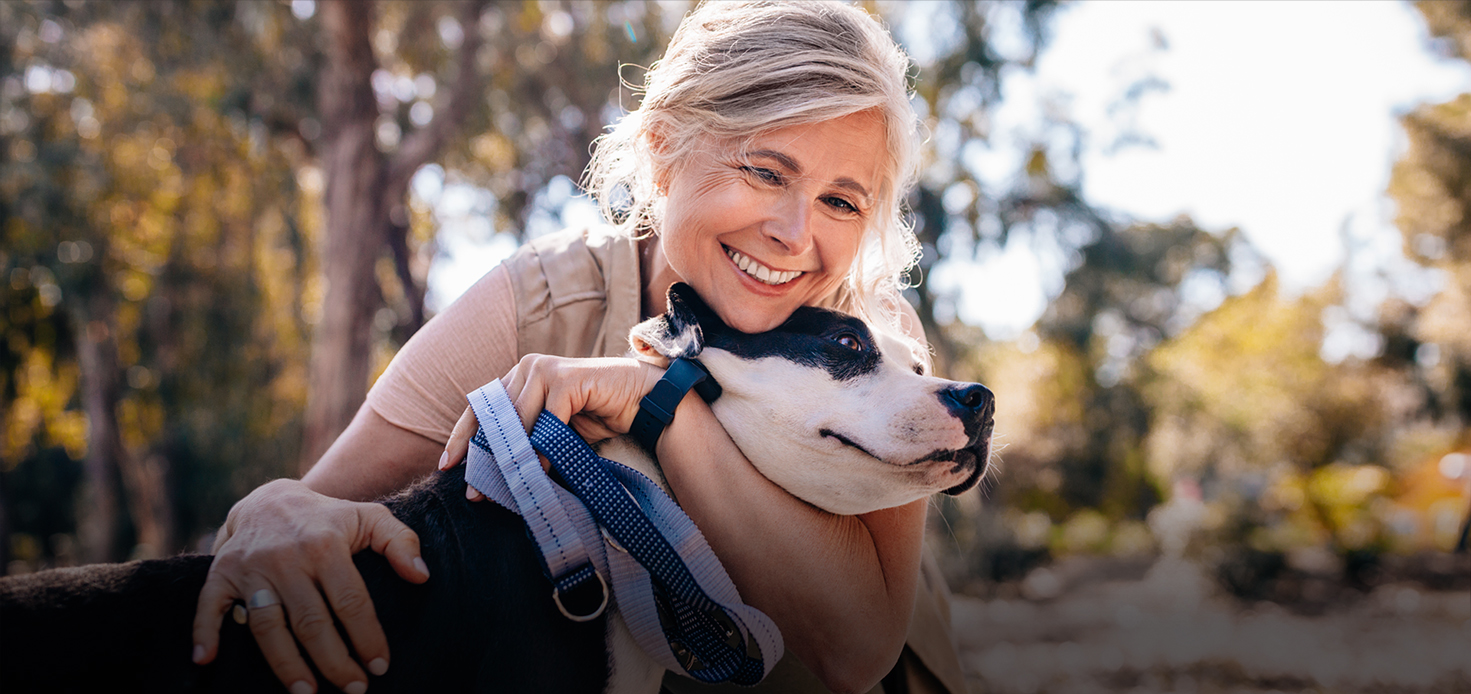
As the developing hearing health crisis continues impacting people’s lives, learning about the healthy choices you can make for yourself and those around you might be the one decision that will shield your sense of hearing. AHRF has made discoveries around hearing loss and balance disorders possible for more than 60 years. Therefore, we want to be your ally by providing you with digestible information and resources so you can understand and protect your hearing health and that of your loved ones.
Whether your hearing is normal, or you or a loved one has severe hearing loss or balance disorders, or if you know someone that does, or if you are intrigued about how you might benefit from a research grant or make a difference – you are in the right place. Join us by choosing the path that best applies to you and your needs from the following options:

As you age, you will experience several changes in your body. Hearing loss and balance problems might be some of these changes. Most hearing loss cannot be reversed; therefore, the best solution is prevention. Be your own advocate.
Taking care of your hearing may help your overall health and vice versa. Get your ears and hearing tested.
Among younger Americans, roughly 15 percent of teens have some degree of hearing loss. Exposure to high-volume experiences like concerts, events, and electronic devices can permanently damage your hearing. Use ear plugs and other hearing protection.
Be kind to your ears and your delicate sense of hearing in order to prevent the loss of finances.
Speak up and seek help if you notice any signs of hearing loss, such as difficulty understanding people over the phone, listening to electronic devices at a very high-volume, needing people to repeat themselves over and over, or trouble hearing because of background noise.
When balance disorders occur, they can be frightening and highly disruptive to people’s lives. If you are suddenly experiencing balance problems, dizziness, blurred vision, nausea, vomiting, diarrhea, or fluctuations in heart rate and/or blood pressure, seek medical help for proper diagnosis and available treatments.
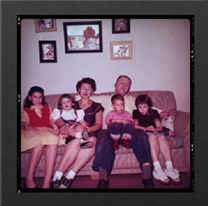
Hello, my name is Joan, and I am the Executive Director of the AHRF. My father, Jim Bingley, struggled with hearing loss for decades. He worked around heavy machinery for most of his life, serving in the Navy in WWII, and as a machinist at the Cracker Jack manufacturing plant in Chicago for his last 30 years. With five kids (the last one joined us after this photo was taken), his household was noisy, too. He’d escape to the garage and the roar of his Harley Davidson motorcycle. We didn’t understand why Dad didn’t follow what we said or why he often interrupted with a joke or brought up a different topic. Over time, his isolation grew – even among the family he loved. I wish my siblings and I had better understood his predicament and accommodated it. I wish his workplace had required him to wear hearing protection. I wish his hearing aids were easier to use. I can’t change this, but I can support hearing research. I want to help find ways to protect and salvage the hearing of my family and friends – because it’s the underlayer of our thinking, health, and relationships. We can make this world a better place if we can understand each other, and to do that, we have to be able to hear each other!
Hearing loss has become a growing public health concern; today, it’s the third most common chronic health condition in the United States. Therefore, it is essential that you take steps to protect your hearing health:
Be kind to your ears so simple functions like your innate sense of balance, which depends on the healthy functioning of your inner ear, are not affected.
Schedule a hearing test through an otolaryngologist (ear, nose, and throat specialist—ENT), an audiologist, or a hearing aid specialist.
Talk to your doctor about any symptoms or signs of hearing loss and how to best address them.
Reach out to anyone you know who may have hearing loss. Be curious, ask questions, and put yourself in their shoes. What can you learn from their experience so you can begin to appreciate and better care for your hearing sense?
Watch this 5-minute video to learn about how we hear.
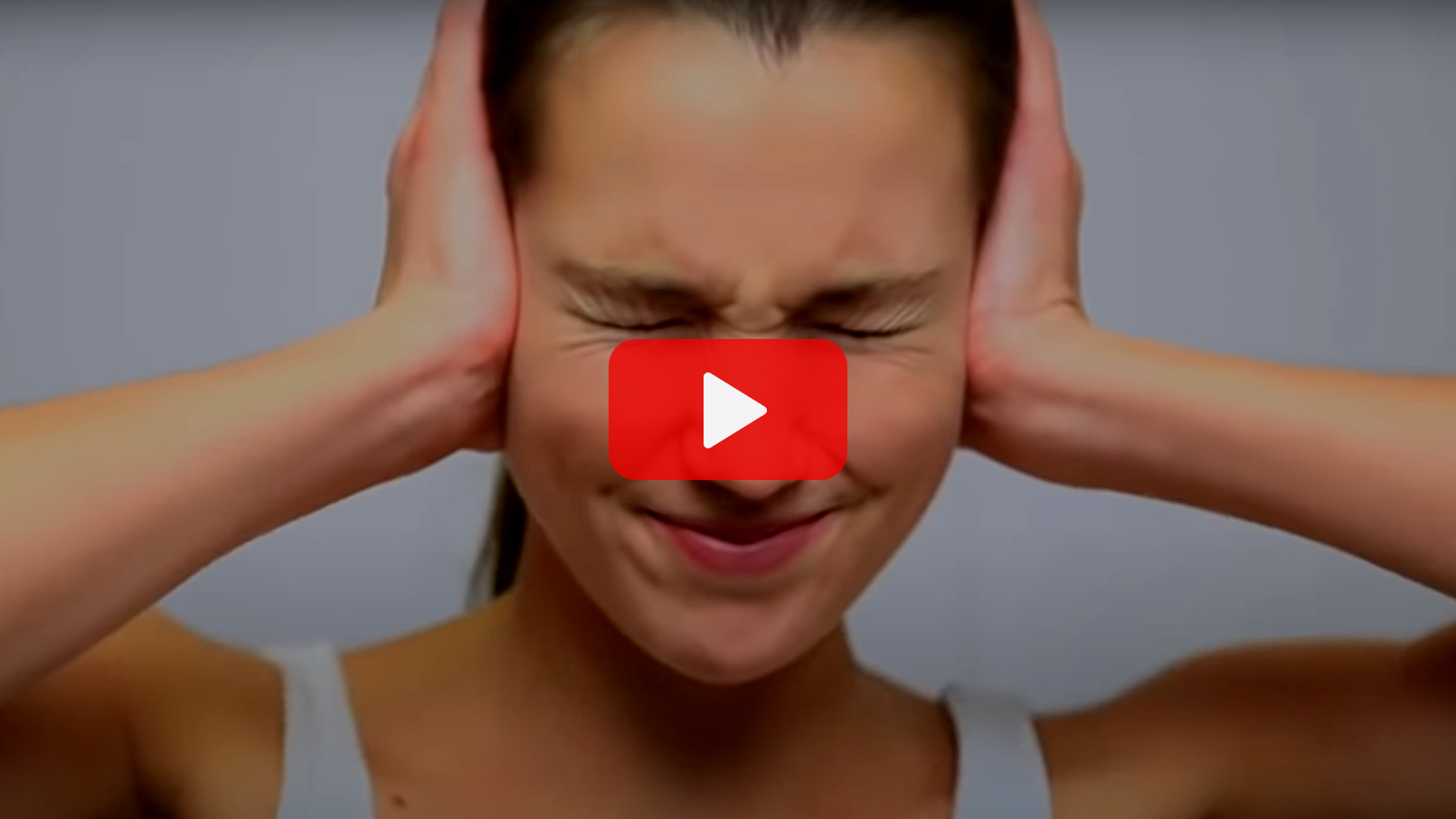
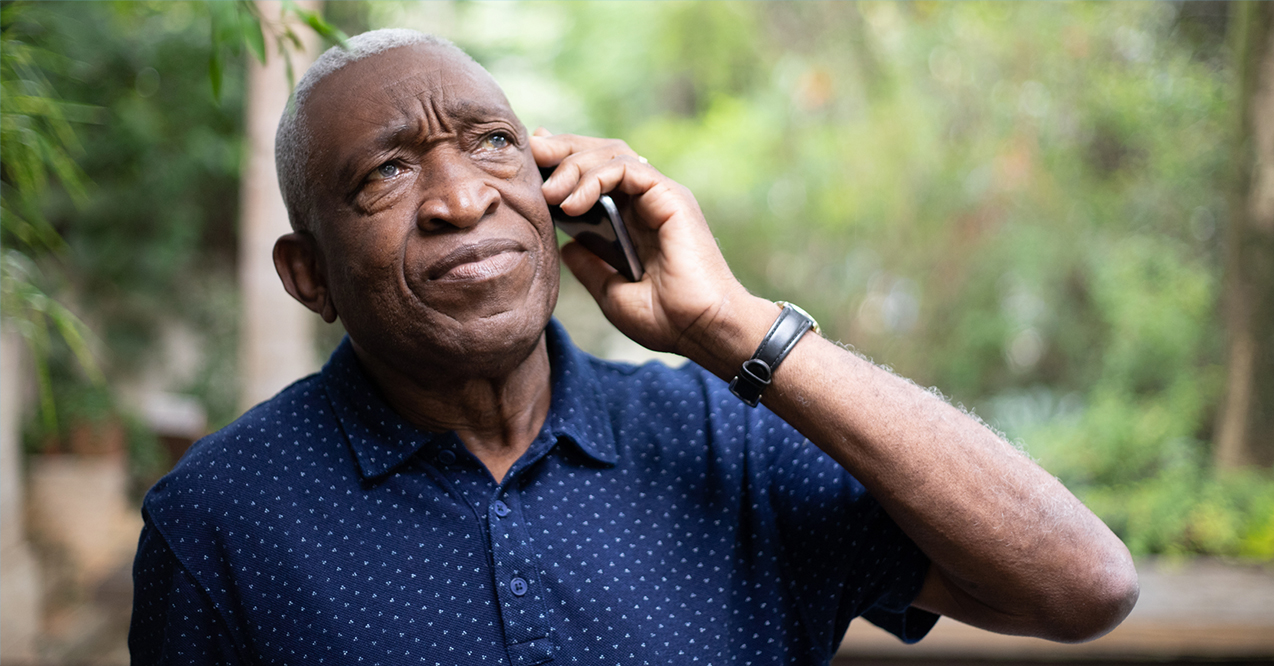
Hearing loss is the third most prevalent chronic health condition facing older adults in the U.S. Also, most seniors 80 and older likely show evidence of balance dysfunction. As a result, older people are mistakenly thought to be needy, grumpy, confused, unresponsive, or uncooperative.
Ask for help and openly share your hearing loss with loved ones to improve your quality of life.
Hearing loss may increase if there is a history of noise exposure (e.g., a noisy workplace or isolated incidents of excessively loud or explosive sounds), a history of taking medicines known to cause damage to the hearing system, a health condition linked to hearing loss, such as diabetes and cardiovascular disease. Be open to the possibility of using hearing aids. Let go of old assumptions about these and educate yourself on current options and recent technologies in terms of functionality, design, and comfort.
Essentially, your brain is relearning to listen to these sounds. When you purchase your hearing aids seek counseling and support on how to use them so you can ease the transition. Hearing aids are typically purchased through a licensed dispenser, however some basic models will soon be available over-the-counter for direct purchase.
This implant is a sophisticated electronic medical device that can help you to understand speech. A cochlear implant has the ability to restore do not restore hearing and improve word comprehension. It will take time for your brain to adjust to hearing through the device, but in time it becomes your new normal.
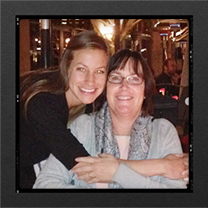
Hello, my name is Kim. I started experiencing Meniere’s symptoms in 1999 when I was 39. It began with ringing in the ears, a condition known as tinnitus. Then I developed hearing loss in my right ear, and over many years, I had mild to severe episodes of dizziness, leaving me debilitated for hours at a time. Fast forward to 2022, my dizzy spells are few and far between. My hearing loss seems to have leveled off, but I wear hearing aids, which has been life changing. I also continue monitoring my sodium intake and exercise regularly, which are preventative ways to help keep my hearing healthy.
My story has impacted my whole family. Because there is no known cure for Meniere’s disease, my daughter Katie is running a half marathon in every state and DC to raise awareness and funds for the American Hearing Research Foundation (AHRF). We hope that one day in the sooner future, the research the AHRF supports can help find a cure. I am so grateful for my supportive family and friends. Knowing there is work going into finding solutions to ease Meniere’s symptoms is heartwarming and fills me with hope.
Your ears do a lot more than just listen. The anatomy of your inner ear holds what your body needs to walk, sit, coordinate, and find equilibrium. Experiencing hearing loss and balance disorders personally or caring for loved ones affected by these conditions could be strenuous and disruptive for the whole family. Therefore, it is essential that you take steps to acknowledge the reality of hearing loss and balance problems. You can do so by:
Avoid minimizing the symptoms or try to normalize the side effects, which can only make matters worse.
Reach out for professional support if hearing and equilibrium loss takes you by surprise.
Seek treatments available to help better manage symptoms.
Ask your loved ones to look at you when speaking and talk at appropriate speeds and volumes.
Watch this 5-minute video to learn about Meniere's disease, which impairs hearing and balance.
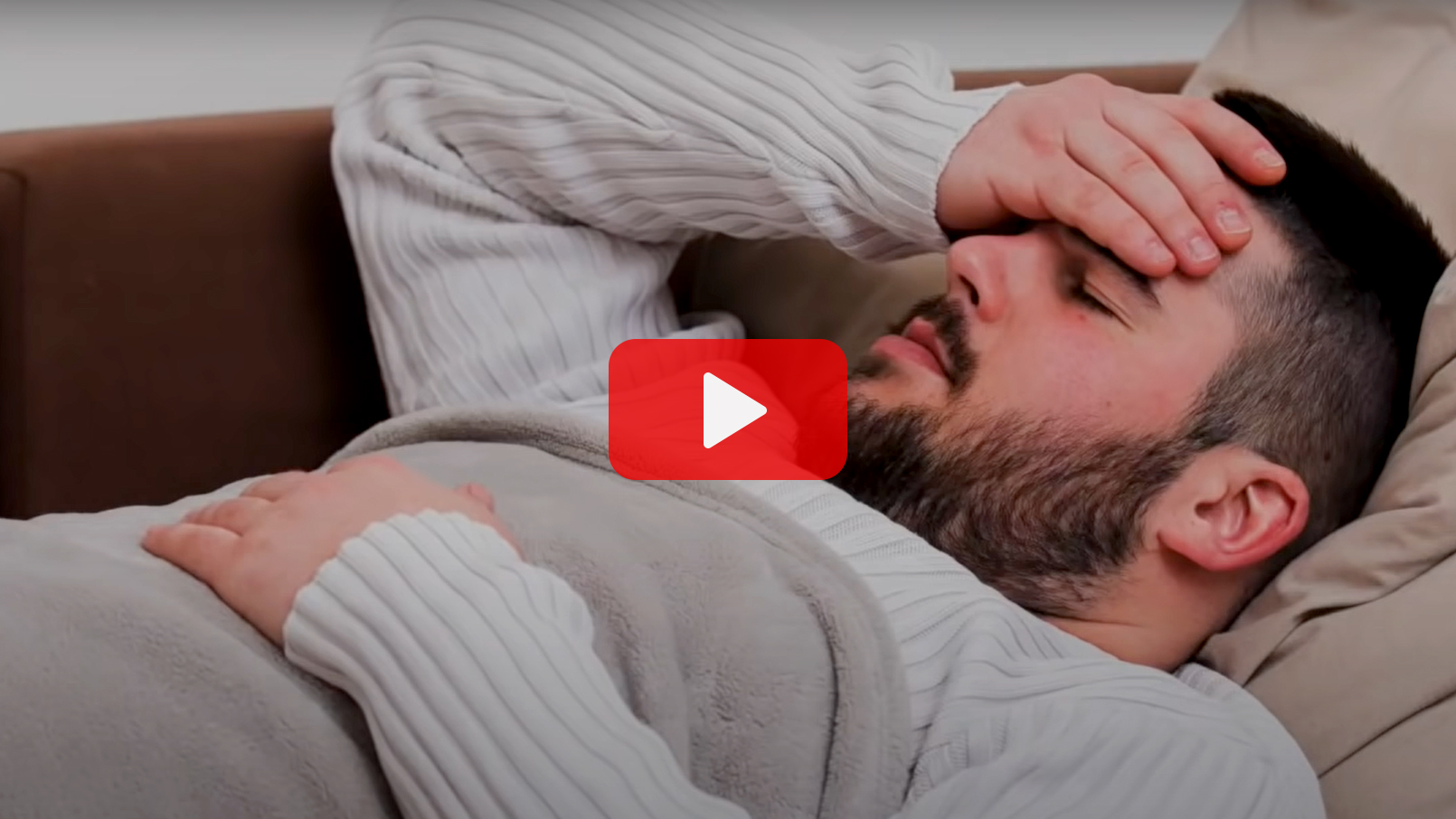

The AHRF recognizes the critical importance of early-stage research and has a methodical selection to support research often overlooked by larger funding organizations.

Hello, my name is Monita, and I am a recipient of an AHRF Grant. The AHRF funding allowed us to develop innovative tools over a short time. One of the tools developed for the aging population was also useful in young children. Because of this initial funding, our larger project on emotional communication by children with cochlear implants was also funded. The support of the AHRF is helping us expand our reach beyond the intended population.
The studies AHRF funds today lay the groundwork and impact future scientific discoveries. Therefore, if you are a scientist or researcher looking for a pathway to develop impactful hearing loss and balance disorders research, treatments, and solutions, you could apply for an AHRF seed grant. You can do so by:
Learn about AHRF’s mission and application process.
Take a look at previously funded researchers and projects.
Download the frequently asked questions or informational flyer.
AHRF is a leading nonprofit organization helping to alleviate the developing hearing health crisis through groundbreaking research and education on preventing, identifying, preserving, and restoring hearing and balance disorders.
American-hearing.orgEvery donation made to the AHRF is an investment in life-changing research and education impacting the hearing health of communities. AHRF is the “charity of choice” by respected members of the community, private foundations, and generous individuals. If you would like to learn more about how you can play an active role in encouraging the next generation of researchers, don’t hesitate to contact us at info@american-hearing.org.
Donate